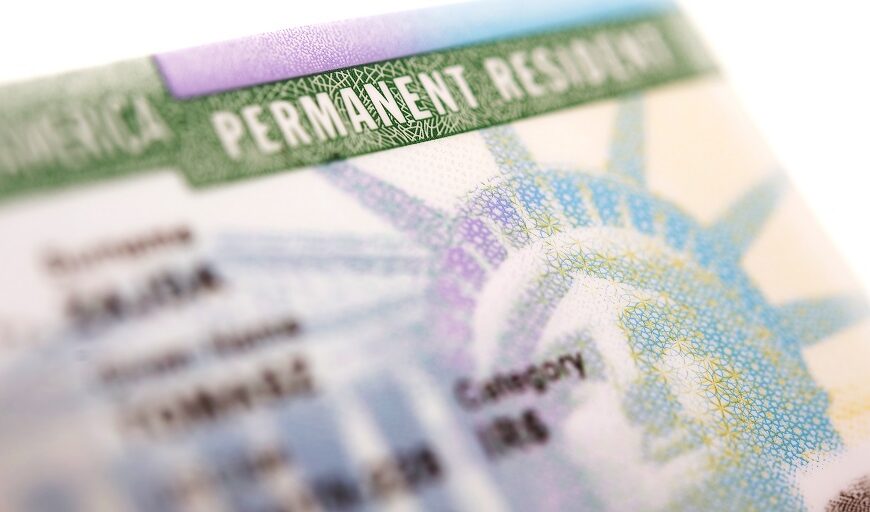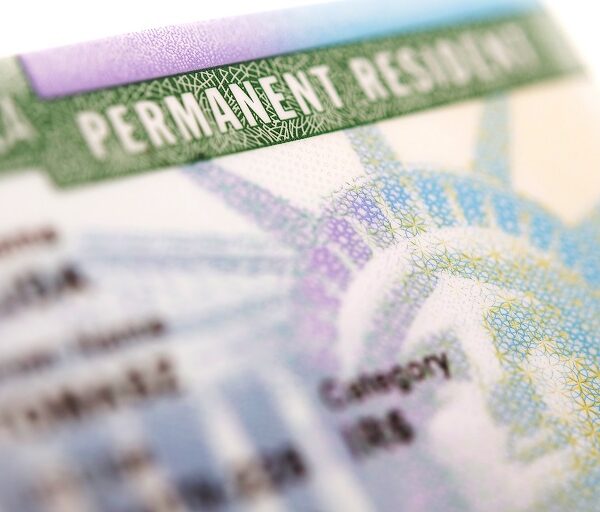Navigating False Information in Immigration: Key Strategies for Success
In the complex world of immigration, misinformation can be a significant hurdle for applicants. With the stakes often being high, understanding how to identify and deal with false, misleading, or withheld information is crucial. This article aims to provide key strategies for successfully navigating the challenges posed by such information in the immigration process.
Understanding the Impact of False Information
False information can take many forms, from outright lies to misunderstandings or misrepresentations. The impact of this misinformation can be severe, leading to:
- Delayed Applications: False information can slow down the processing of immigration applications, causing frustration and anxiety.
- Denial of Applications: Inaccurate or misleading information can result in the rejection of visa or residency applications.
- Legal Consequences: Providing false information, even unintentionally, can lead to legal issues or bans on reapplication.
Recognizing Misinformation
The first step in combating false information is recognizing it. Some common indicators of misleading information include:
- Unverified Sources: Information from unofficial websites or unverifiable sources should be treated with skepticism.
- Too Good to Be True Offers: Promises of guaranteed visas or faster processing times often indicate fraudulent schemes.
- Inconsistencies: If the information you receive contradicts what is stated on official government websites or from authorized representatives, it may be misleading.
Strategies for Addressing False Information
Once you have identified false information, it is essential to respond appropriately. Here are some effective strategies:
1. Verify Information with Official Sources
Always cross-check any immigration-related information with official government websites or through authorized immigration representatives. This step is crucial to ensure that you are working with accurate data.
2. Seek Professional Guidance
If you encounter complicated cases of misinformation, consulting with an immigration lawyer or licensed consultant can provide clarity and guidance. Professionals are better equipped to navigate the intricate immigration system and can help you avoid pitfalls caused by false information.
3. Document Everything
Keep detailed records of all communications, documents, and any information received throughout your immigration process. This documentation can be invaluable if you need to contest a decision based on misleading information.
4. Report Fraudulent Information
If you come across fraudulent schemes or misinformation, report them to the relevant authorities. Many governments have processes in place for reporting such issues, which can help protect other applicants from falling victim.
Building Your Knowledge Base
Educating yourself about immigration processes and requirements can significantly reduce the risk of falling for false information. Here are some methods to enhance your knowledge:
- Attend Workshops: Many organizations offer workshops and seminars about immigration processes, providing valuable insights.
- Join Online Forums: Engaging in online communities can provide support and shared experiences from others who have navigated similar situations.
- Read Authoritative Publications: Books and articles published by immigration experts can clarify complex topics and dispel common myths.
Staying Informed About Policy Changes
Immigration laws and policies are continuously evolving. Staying informed about these changes is vital in ensuring that you are working with the most current information. Subscribe to official newsletters or updates from immigration authorities to keep abreast of any modifications that may affect your application.
Conclusion
Immigration can be a daunting journey, particularly when false information complicates the process. However, by applying the strategies outlined above, you can effectively navigate through misinformation and increase your chances of success. Remember, being vigilant and proactive in seeking accurate information is your best defense against the challenges posed by false or misleading data.
In summary, understanding the landscape of misinformation, recognizing its signs, and employing effective strategies will empower you to navigate your immigration process with confidence and clarity. Always prioritize confirmed information from reputable sources, and don’t hesitate to seek professional help when needed.







